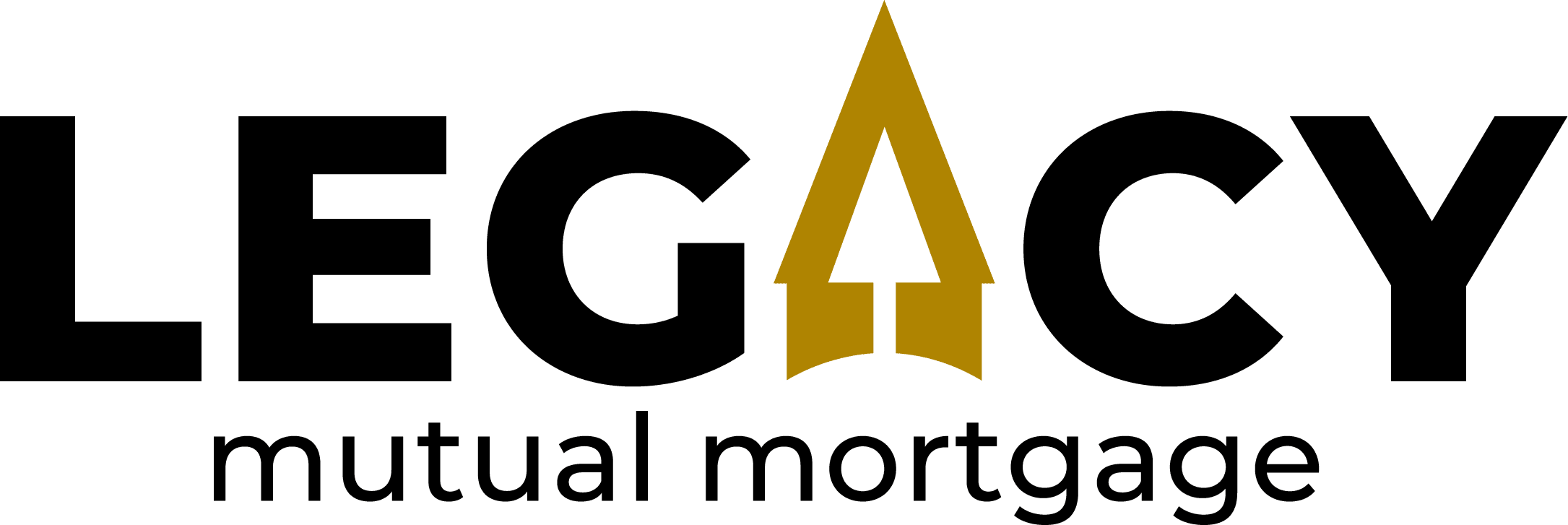
Getting Started as First-Time Homebuyers
First-time Homebuyers are those who haven’t purchased a residence before, but the term can also apply to those who haven’t owned a home in the past three years. Being a first-time homebuyer may seem daunting at first, but this situation actually has its perks. For instance, there are first-time homebuyer programs to help you get the best deal possible. So don’t feel frightened – owning a home is a big deal, and an exciting one!
In order to begin considering which mortgage options may be right for you as a first-time homebuyer, you’ll want to start at the base level, which is reviewing your finances. Make sure to check your credit score, evaluate your budget, and then consider where you stand with your ability to make a down payment and pay closing costs. Looking a little deeper, the higher your credit score, the better your chance of getting favorable loan terms – you’ll want to aim for 760 or higher. You’ll also want to make sure that your DTI (debt-to-income) ratio is low, since the higher your DTI ratio the higher interest rate you will have to pay. When examining different loan options, keep these things in mind: 20% down on a conventional loan will save you from PMI (private mortgage insurance), but you can pay as little as a 3% down payment with PMI, depending on the type of conventional loan. VA and USDA loans do not require a down payment, but FHA loans do require a minimum of 3.5% down. And finally, keep closing costs in mind. These usually range from 2-5% of the purchase price, so make sure you are able to pay these extra costs. You’ll also pay the earnest money deposit, which is usually 1% of the purchase price.
Picking Your Type of Mortgage
Next on the list, you’ll want to decide which type of mortgage to get. Consider whether you want a fixed or adjustable rate: fixed-rate mortgages never change, while adjustable-rate mortgages start with a lower rate but adjust as time goes on. Fixed-rate mortgages may be a better option for those who plan to stay in one place for a long time, but adjustable-rate mortgages could be a cheaper option for those planning to move after a short period. You’ll also want to consider the loan term; 15 year loans have lower rates but larger monthly payments, while 30 year loans will see the opposite.
Getting Pre-Approved as a First-Time Homebuyer
At this point you’ll want to get preapproved for a mortgage. A preapproval is the written commitment from the lender which tells you how much money they are loaning you. Keep in mind, this is not the finalized offer. The preapproval letter will include how much you’ve qualified to borrow, which loan program you’re going with, and your projected down payment. Note that the lender will go through all aspects of your financial profile, from pay stubs and bank statements to tax information. You’ll want to make sure you don’t skip this process, as sellers typically won’t consider your offer unless they know how you’re planning to pay for the home.
Finding Your Dream Home
After all that, and once you’ve found your real estate agent, you’ll begin the fun part – shopping for your new home. You’ll want to make sure you’re looking at homes that fit your budget and home needs – don’t waste your time looking at homes that don’t align with these things. Make sure that you also take a look at HOA documents if the home is part of a homeowners association so that you’re familiar with those rules and fees. Once you’ve found your perfect fit, you’ll want to make that offer quickly. Your offer should include the offer price, a quick turnaround time for the seller to respond, and contingencies, such as the appraisal and home inspection. Be aware that you will most likely negotiate on the price you offered with the seller. Your real estate agent will be able to help you determine negotiations.

You’ve got the offer letter in hand – now what? You’re going to apply for your mortgage, and within three days of applying you’ll receive the estimate for your loan terms which also outlines your potential closing costs. You’ll also want to consider using mortgage points (upfront fees you pay the lender so you can get a lower interest rate). If you choose to pay mortgage points, you’re prepaying some of the interest on your loan. For every point you pay, you are reducing your mortgage rate by .25%.
Final Steps
Your next step is to hire the home inspector. Their evaluation will determine the state of the home’s foundation, roof, plumbing, electrical systems, and HVAC. You and your agent should be present at the time of the inspection to ensure you’re able to get any questions answered. This inspection will reveal any major issues, which you can ask the seller to repair, but if they refuse and you’ve addressed inspection contingencies in your purchase agreement, you may choose to walk away.
You’ve made it this far – now it’s time to obtain homeowners insurance and finalize your move. Make sure the coverage you choose insures your home enough to rebuild if it’s destroyed. You may also need to purchase flood insurance if your home is located in a federally designated flood zone. It’s now time to close, which is where you’ll finalize the purchase contract and become the new homeowner. Before the closing, make sure you obtain up-to-date pay stubs to prove you’re still employed. Make sure to also get a check made out to the escrow company so that you’re fully prepared, and also bring your photo ID! Once you’ve done a final walkthrough, you’ll sign paperwork to finalize the loan and then the home is officially yours.
Home Sweet Home
You’ve made it through this long process and obtained your mortgage (and your home, of course). What should you do now? Well, you may have things you want to fix on your property, so start there. If you’ve set aside money for these repairs or renovations, you can begin your projects now. You can also look out for any changes to interest rates that may make you consider refinancing options. Your mortgage payment schedule is another consideration you may want to make. If you’re able to start making larger payments at any time, this can help you pay off your mortgage even sooner. There’s lots to consider even after you’ve moved in, but you’ve done the grunt work. Enjoy your new home as a first-time homebuyer!







